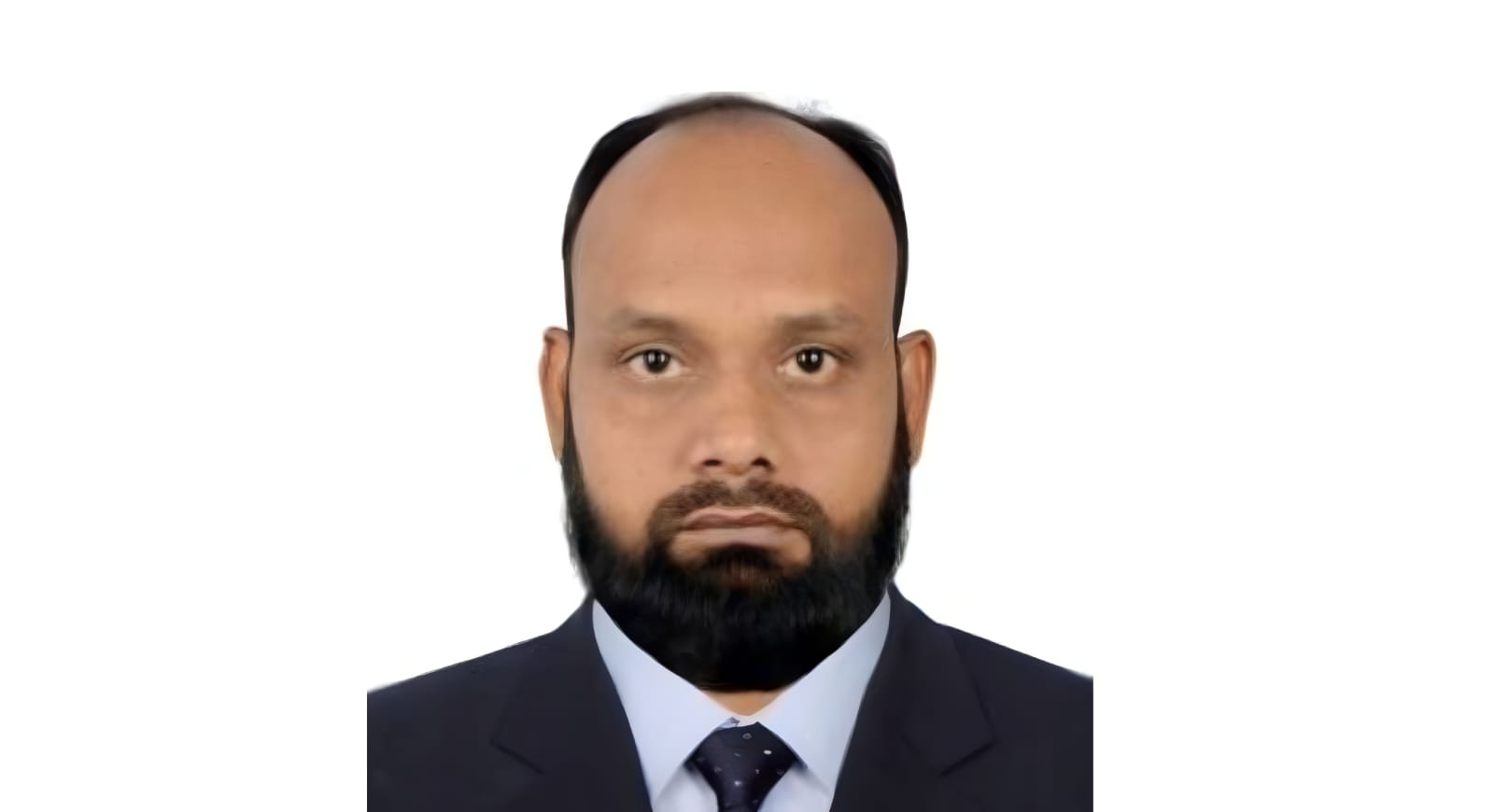
Khwaja Masum Bellah Kausarey
In the social reality of Bangladesh, there exist certain marginalized groups whose very existence seems invisible to both the state and society. Among them, the lives of children growing up in brothels form one of the most tragic chapters. These children are excluded from mainstream society from the very moment of birth—where education, healthcare, nutrition, minimum human dignity, and even identity itself become luxuries they cannot afford. Yet, they are not guilty of any crime; rather, they are victims of an unjust social order and an inherited stigma.
Children of the Brothel: A Generation Growing in Darkness- There are about 25 major brothels in Bangladesh, among which the oldest and most well-known are Tanbazar, Kandapara, Daulatdia, and the Madaripur brothels. Research shows that around 60% of sex workers living in these brothels have children, and 80% of these children are not enrolled in any school. Local schools often refuse to admit them, and even when they do, other parents frequently protest. These children are socially isolated with the label of being “illegitimate” or “children of the brothel.” The narrow alleys of the red-light areas become their playgrounds, classrooms, and the boundaries of their world. Many of them are later forced to inherit their mothers’ profession at a very early age. This creates a generational cycle of darkness—one that can only be broken through education.
Education: Their Fundamental Human Right-
Article 17 of the Constitution of Bangladesh declares that “The State shall adopt effective measures for the purpose of establishing a uniform, mass-oriented and universal system of education and extending free and compulsory education to all children.” Similarly, Article 28 of the UN Convention on the Rights of the Child (CRC) recognizes education as a fundamental right of every child. But for the children of brothels, these constitutional and international rights remain merely on paper. They exist outside the formal education system, though they are the ones who need it most—for both moral reconstruction and empowerment. Both the Millennium Development Goals (MDGs) and the Sustainable Development Goals (SDGs) commit to “Education for All.” Yet tragically, these children still remain excluded from that “all.” Many of them lack even birth certificates, preventing them from enrolling in school, accessing healthcare, or benefiting from social safety programs.
Deprivation of Education Means Deprivation of the Future-A National Human Rights Commission survey in the Daulatdia brothel revealed that 70% of children there had never attended school, and among those who did, 90% dropped out before completing primary education. Without education, these children are trapped in limited life choices—many boys become laborers, and most girls end up in the same trade as their mothers. According to the World Bank (2023), when educational opportunities are provided, 65% of children from red-light areas are able to pursue alternative livelihoods. Thus, education does not merely build their future—it is the most powerful means of breaking the chain of generational prostitution.
The Need for Religious and Moral Education-In a recent seminar, sex workers themselves voiced the demand for religious and moral education for their children. They realized that religion and ethics restore self-esteem, humanity, and inner consciousness in their children. From an Islamic perspective, the pursuit of knowledge is obligatory for all. The Prophet Muhammad (peace be upon him) said: “Seeking knowledge is an obligation upon every Muslim.” (Ibn Majah, Hadith: 224).
Therefore, the children of sex workers have equal rights to education—both moral and religious. It is essential to establish a combined system of madrasa and general education for them.
Rehabilitation and Vocational Training: A Humanitarian Action Plan- Alongside academic education, vocational and skill-based programs are crucial for these children. Technical training in sewing, beauty care, electrical repair, agriculture, and information technology can make them self-reliant. Some initiatives have already begun through joint efforts of the Department of Social Welfare, the NGO Bureau, and international organizations—such as BRAC’s “Amader Shontan” project, Ain o Salish Kendra’s “Sarothi” program, and UNICEF Bangladesh’s “Marginalized Children Education Project.” However, these projects currently reach only a handful of brothels. Large-scale national expansion is urgently needed.
Human Rights and Social Responsibility-
The Constitution of Bangladesh not only binds the State but also calls upon society to uphold its social responsibilities. Unless the deep-rooted social stigma and discrimination against brothel children are removed, laws alone cannot bring true change. Social attitude transformation, particularly the compassionate engagement of educational institutions and local administrations, is vital. For instance, in 2021, local teachers in the Kandapara brothel established a small school named “Aalo Bidyaloy” (School of Light), where 80 children are now studying under the national curriculum. This initiative proved that even in the darkest alleys, light can be ignited if there is will and compassion.
Let Religious Education Be the Path to Liberation-A society can only be called civilized when it safeguards the rights of its most marginalized members through moral and religious enlightenment. To deprive brothel-born children is to deprive our own future. Education is not merely an institutional facility—it is the foundation of social justice, the emblem of human dignity, and the strongest weapon against poverty and inhumanity. Now is the time for the State, society, religious organizations, and voluntary groups to come together—so that these children of brothels can grow not as “children of the brothel,” but as “children of the nation.” Because they too are human. They too are citizens. They too were born under the same sunlight—where no child should ever again be lost in darkness for lack of education.
Author: Senior Journalist, Executive Director of a non-government research and development organization, with long professional experience in the public health sector at BRAC and BRAC University.





